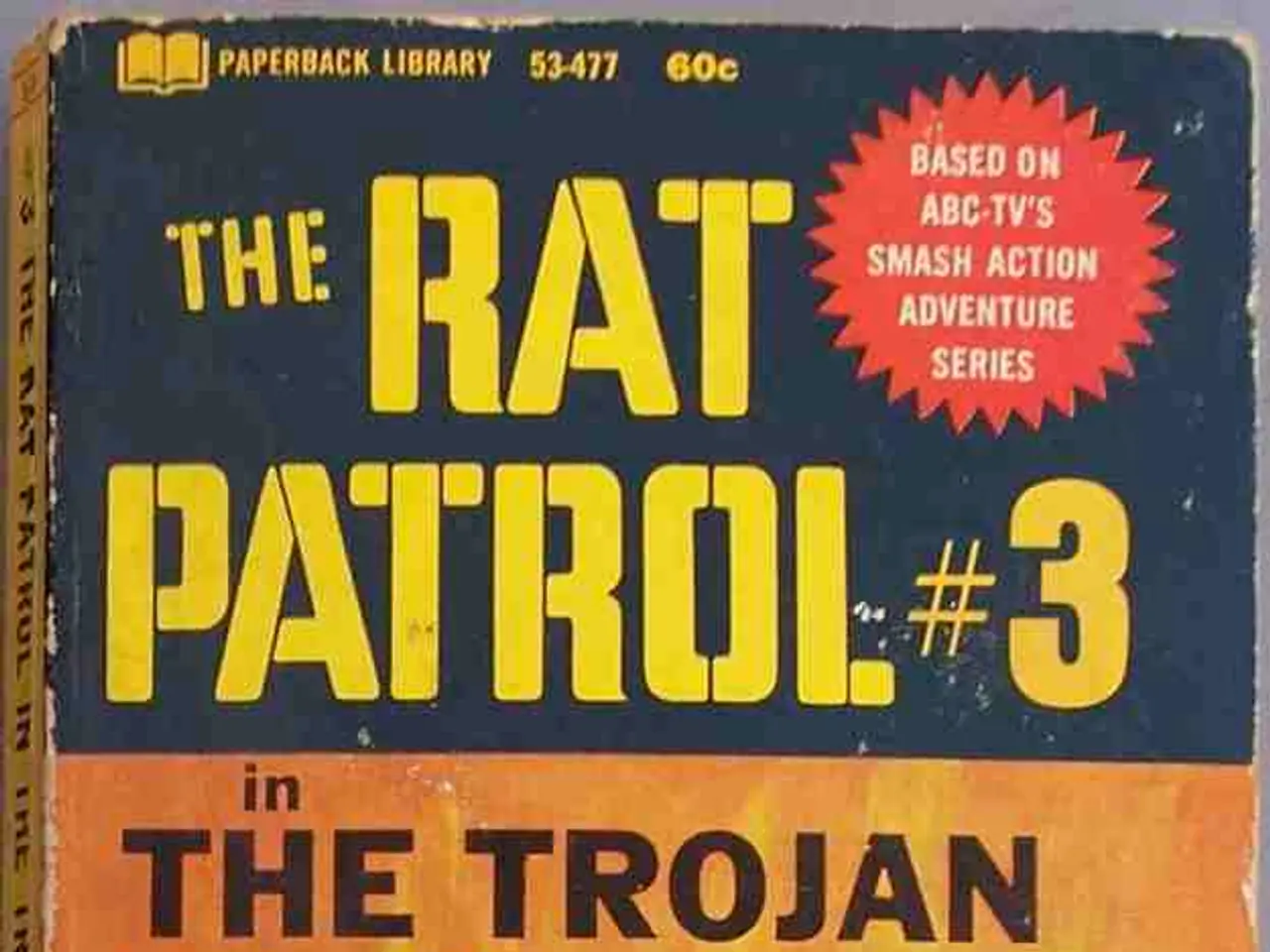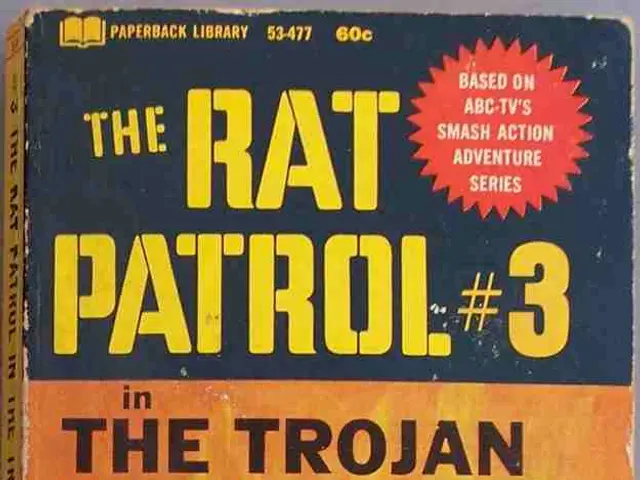Strengthening security alliances among Gulf states increases, as apprehension toward the U.S. grows
Canada and Mexico have vowed to increase bilateral trade as a possible protective measure in response to US threats, aiming to boost cooperation and strengthen their economic ties. Meanwhile, the European Union, the biggest buyer of Russian natural gas, has delayed sanctions on Moscow to better coordinate policy with G7 nations.
In the Middle East, Saudi Arabia and Pakistan have signed a mutual defense pact, strengthening a longstanding security partnership. This agreement changes the regional defense calculus, as Pakistan has nuclear weapons and Saudi Arabia has relied on US military support. The Gulf states, including Bahrain, Kuwait, Saudi Arabia, and the United Arab Emirates, have also agreed to boost intelligence sharing and military cooperation.
The current Saudi Arabian government policy focuses on strengthening security relations by forming a new defense alliance with Pakistan, primarily aimed against Israel but also signaling alignment toward the USA. This reflects an active regional security strategy involving military partnerships.
In the tech world, Meta unveiled its newest smart glasses, which are controlled by hand gestures and integrate Meta AI tools into users' lives. The reviewer for The Verge stated that these glasses are "the best I've ever tried".
Political tensions continue to simmer between the US and Russia. US President Donald Trump has said Russian President Vladimir Putin has "really let me down" over Ukraine, and Trump has urged Washington's allies to stop purchasing Russian oil, stating that a decrease in oil price would make Putin withdraw from the war. However, the European Union has delayed sanctions on Moscow to coordinate policy with G7 nations.
Controversy surrounds US television host Jimmy Kimmel, as ABC suspended his late-night talk show indefinitely due to his controversial remarks. The top US communications regulator also threatened to take action over Kimmel's on-air comments, marking an "extraordinary exertion of political pressure".
In international relations, Canada and Mexico, the US's neighbours, have agreed to boost trade and increase cooperation in response to US threats of harsher tariffs. Meanwhile, the House is expected to vote on a bill to avert a shutdown.
Beijing recently flaunted its military might, particularly its nuclear capacities. Ed Markey called on media companies to stand up to Trump's FCC, urging them to "have the courage not to capitulate". A US advisory panel recommended delaying key inoculations for children due to a 1-in-2,300 chance of seizures associated with a combined shot.
In a separate development, Trump filed a $15 billion defamation lawsuit against The New York Times this week. The Israeli attack on Hamas leaders in Qatar during ceasefire talks is believed to have been with US awareness.
Ukraine has been damaging Russian oil and gas facilities, causing economic strain for Russia. The panel is considering delaying hepatitis B vaccines for a month. These events suggest a reshuffling of the old order in the region.
Read also:
- United States tariffs pose a threat to India, necessitating the recruitment of adept negotiators or strategists, similar to those who had influenced Trump's decisions.
- Weekly happenings in the German Federal Parliament (Bundestag)
- Southwest region's most popular posts, accompanied by an inquiry:
- Discussion between Putin and Trump in Alaska could potentially overshadow Ukraine's concerns








